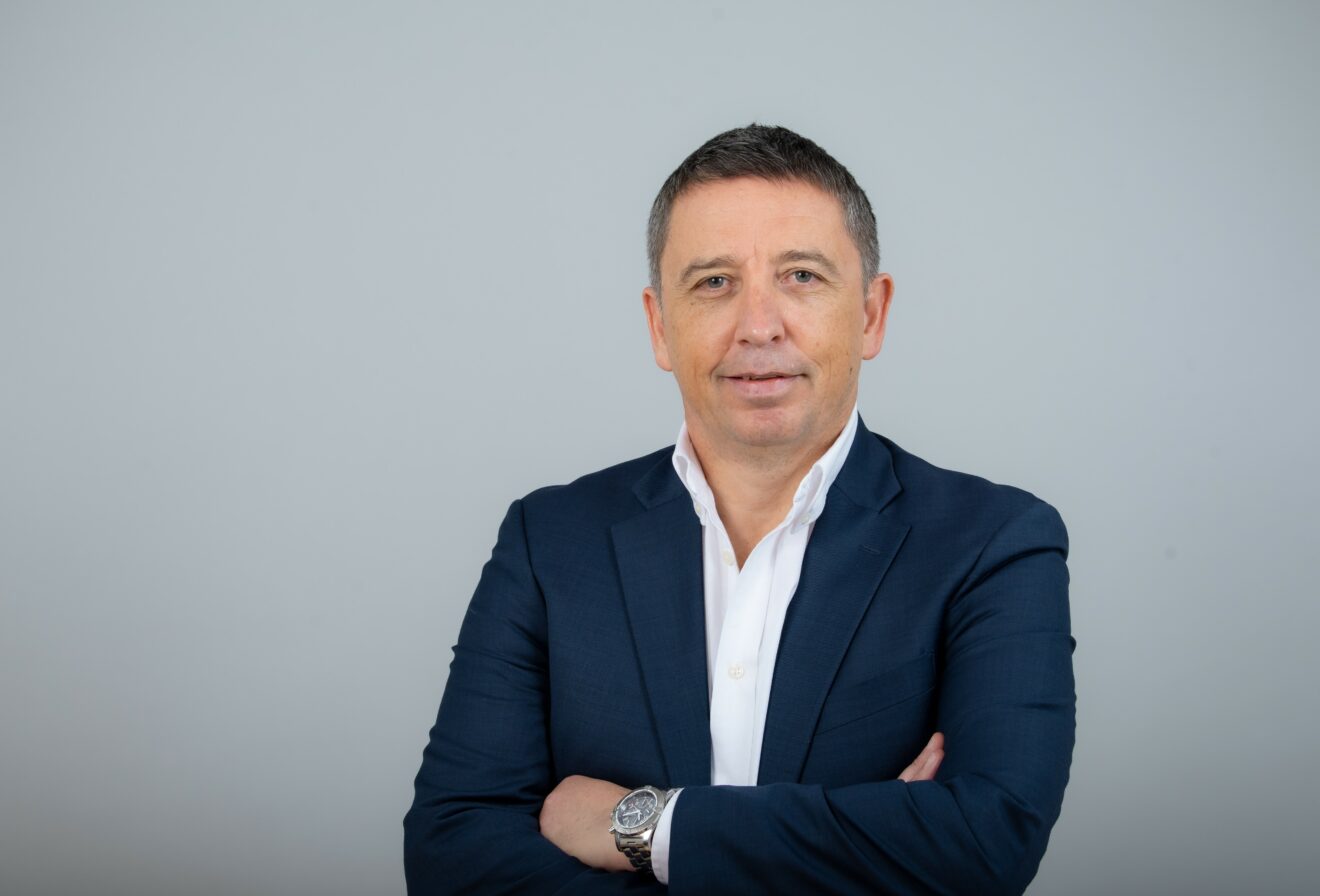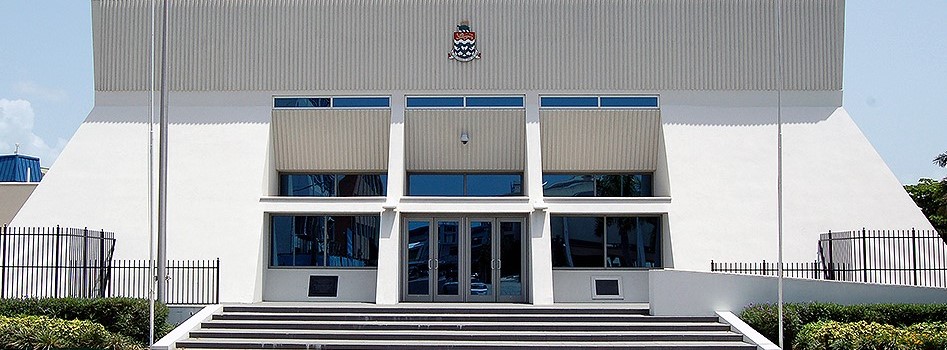
Over the past 30 years, the Cayman Islands has been the pre-eminent jurisdiction for the formation of alternative investment funds, with a strong track record of over 30,000 registered funds with the Cayman Islands Monetary Authority (approximately 13,000 regulated open-ended funds and 17,000 regulated closed-ended funds). This achievement consolidates the Cayman Islands’ position as the world’s leading funds jurisdiction, with further growth expected in the coming years.
According to Cayman Finance, the current projections indicate the 2024 year-end total will surpass 2023’s registrations, building on the steady growth of private funds since the introduction of the Private Funds Act in 2020. Last year saw 16,551 private funds, the previous high for registrations, along with 12,802 as the prior high for mutual funds registrations.
This article seeks to highlight why the Cayman Islands continues to go from strength to strength, while substantiating the reasons why more fund managers across the globe seek to domicile their funds in the Cayman Islands.
Political and economic stability and sound legal system
As a British Overseas Territory, the Cayman Islands enjoy political and economic stability. The jurisdiction’s legal system is based on established English common law. Corporate and commercial statutes are continually being revised and improved in response to the demands of international commerce. The courts function effectively and smoothly and employ an investor-friendly and creditor-friendly approach. The final court of appeal is the Privy Council in London. The judiciary is sophisticated and many of the attorneys at Cayman Islands law firms have been sourced from top-tier international law firms. The Grand Court in the Cayman Islands also has a specialist division, the Financial Services Division, which is designed to focus on complex financial services matters and commercial litigation.
Speed of formation
Cayman Islands companies and limited partnerships can generally be formed on a same-day basis and the certificate of registration and other stamped documents will generally be issued by the Cayman Registrar’s office that day (if the entity is registered on an express basis).
Tax neutrality and absence of exchange controls
There are currently no forms of direct taxation in the Cayman Islands (i.e. no income, inheritance, gift, withholding, corporate or capital gains taxes) and no forms of exchange control. In addition, it is possible, but not obligatory, for exempted companies, limited liability companies, limited partnerships and trusts to order a tax exemption certificate, which provides comfort that future changes in the law will not result in that entity being subject to taxation in the Cayman Islands for a period of either 20 years (company) or 50 years (limited partnership, limited liability company or trust). In light of the tax neutrality, some have mistakenly coined the Cayman Islands a “tax haven” when, in fact, it imposes substantive indirect tax in the form of import duties and stamp duty.
Anti-money laundering regime
The Cayman Islands has a strong anti-money laundering regime and is committed to complying with its international obligations. It has signed a large number of tax information exchange agreements with other countries and territories and is on the OECD ‘whitelist’ of compliant jurisdictions. Its removal from the Financial Action Task Force’s Grey List in October 2023 and the European Union’s Anti-Money Laundering blacklist in February 2024, is further recognition of the Cayman Islands’ robust AML/CFT regime and its commitment to adhering to international standards.
Cayman Islands Monetary Authority (CIMA)
CIMA oversees the regulation and supervision of financial services, the monitoring of compliance with money laundering regulations, and has issued regulatory handbooks on policies and procedures, rules and statements of principle and guidance applicable to regulated funds in the Cayman Islands. CIMA adheres to recognised international standards while at the same time ensuring that regulation is both necessary and proportionate. CIMA is a member of the International Organization of Securities Commissions, the principal global standard setting body for the regulation of securities markets. CIMA enjoys a close working relationship with, and regularly consults with, the private sector in developing a bespoke fund legislation over the years which is easy to understand and in line with global standards.
Enforcement of foreign judgments
A judgment obtained in a foreign court will generally be recognised and enforced in the courts of the Cayman Islands at common law, without any re-examination of the merits of the underlying dispute, by an action commenced on the foreign judgment debt in the Grand Court of the Cayman Islands, provided that such judgment:
- Is given by a foreign court of competent jurisdiction;
- Imposes on the judgment debtor a liability to pay a liquidated sum for which the judgment has been given;
- Is final and conclusive as between the parties thereto;
- Is in respect of a fixed sum of money and not for a tax, fine or penalty; and
- Was not obtained by fraud or in proceedings contrary to natural justice and its enforcement is not contrary to the public policy of the Cayman Islands.
There is also direct statutory enforcement of judgment obtained in certain courts in Australia.
Arbitration
The courts of the Cayman Islands will generally recognise and enforce arbitral awards made pursuant to an arbitration agreement in a jurisdiction which is party to the United Nations Convention on the Recognition and Enforcement of Foreign Arbitral Awards unless one of the defences set out in section 7 of the Foreign Arbitral Enforcement Act (as revised) of the Cayman Islands can be established. In addition, the Arbitration Act (as revised) of the Cayman Islands (which provides a unitary regime of arbitration largely based on the UNCITRAL Model Law on International Commercial Arbitration) has also established the jurisdiction as a desirable place in which to conduct international arbitrations.
‘Onshoring’ vs ‘Offshoring’
In recent times, market observers in certain jurisdictions like Singapore, Hong Kong and Luxembourg have seen a rise in the uptake of ‘onshore’ vehicles by fund managers looking closer to home due to the enhancement of anti-financial crime measures globally along with the introduction of new fund structures and incentives to boost the asset management industry in such ‘onshore’ jurisdictions. Notwithstanding this observation, we nonetheless see a growing popularity and demand for Cayman Islands investment funds utilised throughout Asia. It is indeed not a ‘zero-sum’ game where managers choose to domicile their funds in only one jurisdiction to the exclusion of others. As fund managers deal with increasingly sophisticated investors from multiple jurisdictions and more complex regulatory environments for foreign investments, we are observing structures in different jurisdictions often used in tandem with each other to achieve different objectives.
From a Singapore and South East Asian perspective, we typically see a wide range of structures being utilised by managers which include Cayman Islands vehicles as either (i) the main fund, (ii) the feeder fund which in turn invests into an ‘onshore’ master fund vehicle (e.g., a Singapore variable capital company (VCC)) or an Australian unit trust), (iii) a parallel fund vehicle which invests alongside an ‘onshore’ vehicle, or (iv) a purely Cayman Islands ‘master/feeder structure’.
Conclusion
For the above reasons, the Cayman Islands continues to grow and build on its stellar reputation as the world’s pre-eminent funds jurisdiction over the last 30 years. That said, fund structuring is a multi-faceted process which should consider a wide range of factors, including but not limited to tax planning, commercial flexibility and investor familiarity. With increasingly complicated regulatory environments and cross-border investment considerations, the flexibility of the Cayman Islands regime ensures it will remain at the forefront of the global funds industry.
An original version of this article was first published by The Alternative Investment Management Association (AIMA) in the AIMA Journal, Edition 140, November 2024

Tom Katsaros is principal at Carey Olsen and head of funds in Singapore, specialising in the establishment, structuring and maintenance of offshore private equity funds and hedge funds.

Anthony McKenzie is the managing partner of Carey Olsen’s Singapore office and head of the firm’s corporate practice in Asia.

Wei Xun Toh is a senior associate based in Carey Olsen’s Singapore office, specialising in the establishment, structuring, maintenance and financing of offshore funds across a wide range of asset classes and strategies.


